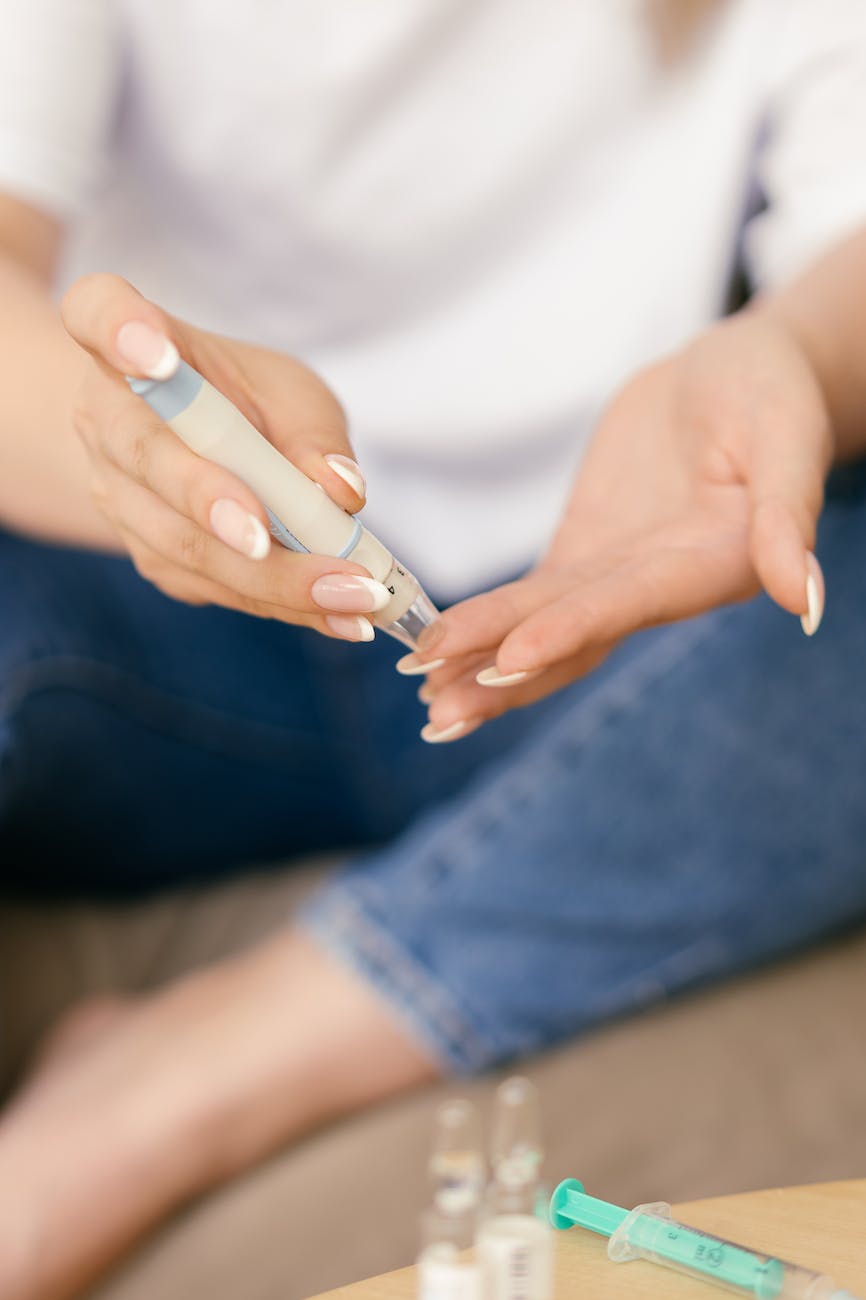I. Education and Understanding
A. Learn about type 2 diabetes and its impact on the body
B. Understand the role of insulin and blood sugar regulation C. Gather information on potential complications and long-term effects
D. Educate yourself about healthy lifestyle changes and self-care strategies
II. Establish a Healthcare Team
A. Find a knowledgeable and supportive primary care physician or endocrinologist
B. Consider consulting with a registered dietitian or diabetes educator
C. Seek support from mental health professionals, if needed, to address emotional well-being
III. Blood Glucose Monitoring
A. Obtain a blood glucose meter and necessary supplies
B. Learn how to measure and interpret blood sugar levels
C. Understand target ranges for fasting and post-meal glucose levels
D. Create a monitoring schedule as advised by your healthcare team
IV. Lifestyle Modifications
A. Adopt a healthy eating plan tailored to your specific needs
1. Focus on balanced meals with a variety of nutrient-rich foods
2. Limit refined carbohydrates, sugary beverages, and processed foods
3. Control portion sizes and practice mindful eating
B. Incorporate regular physical activity into your routine
1. Consult with your healthcare team to determine suitable activities
2. Aim for a combination of aerobic exercises and strength training
3. Gradually increase intensity and duration over time
C. Establish a consistent sleep schedule to support overall well-being
D. Manage stress through relaxation techniques, hobbies, or support groups
V. Medication Management
A. Understand the prescribed medications and their mechanisms
B. Follow the prescribed dosage and administration instructions
C. Be aware of potential side effects and interactions with other medications
D. Regularly review medication effectiveness with your healthcare team
VI. Regular Check-ups and Monitoring
A. Schedule regular visits with your healthcare team for comprehensive check-ups
B. Monitor blood pressure, cholesterol levels, and other relevant health markers
C. Get recommended screenings for diabetes-related complications
D. Stay up-to-date with vaccinations, including the flu and pneumonia shots
VII. Emotional and Mental Well-being
A. Seek emotional support from loved ones, diabetes support groups, or counselors B. Practice self-care activities such as mindfulness, relaxation exercises, or hobbies
C. Monitor and address feelings of depression, anxiety, or diabetes-related distress
D. Prioritize your mental well-being and communicate openly with your healthcare team


Leave a Reply